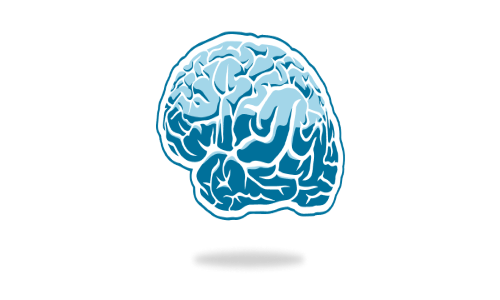
Fetal Alcohol Spectrum Disorder: A Review for Mental Health Clinicians
Open to access this content

Open to access this content

Open to access this content

Open to access this content

Open to access this content

Open to access this content